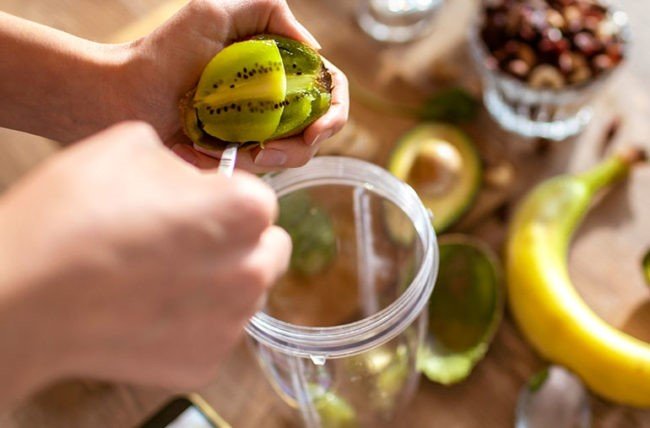Understanding the connection between potassium and heart health
NASSAU, BAHAMAS — In The Bahamas, heart disease and hypertension are among the leading causes of doctor’s visits, illness and death, according to data from the Ministry of Health.
Bahamian doctors advise that both tracking and maintaining healthy blood pressure levels are essential to overall long-term health. A well-balanced diet is important too, to ensure your body receives necessary nutrients and vitamins, including potassium.
While other nutrients are important for your health, potassium is recognized for its ability to help lower high blood pressure.
Does potassium lower blood pressure?
Cardiovascular specialist Dr Raghavendra Makam, MD, MPH, at Cleveland Clinic Florida’s Indian River Hospital in Vero Beach, Florida, confirmed that potassium really does lower blood pressure.
“The American Heart Association (AHA) recommends having a sufficient potassium intake both as a preventative measure and a treatment option for patients with hypertension,” he noted.
How does potassium lower blood pressure?
Makam explained that the most direct way potassium helps lower blood pressure is in how the nutrient interacts with kidneys and sodium.
“We know too much sodium is bad for blood pressure, so kidneys have a mechanism for excreting excess sodium to maintain blood pressure,” he explained.
“Potassium helps the kidneys excrete that excess sodium instead of retaining it.”
Potassium also helps improve your body’s overall vascular health, he added.
Potassium eases tension in the walls of blood vessels and that, in turn, can have other benefits on your heart health.
“Because potassium positively affects your entire vascular system, it helps reduce multiple risks,” explained Makam.
“Because it helps blood vessels in your brain, kidneys and heart, it reduces the risk of stroke, kidney failure and heart disease.”
How much potassium do you need on a daily basis?
“Surveys have shown that people generally eat too much sodium and not enough potassium,” said Makam.
So, getting that balance right as part of a well-rounded diet is essential.
“The recommended daily requirement of potassium is around 4,700 to 5,000 milligrams,” he said.
Good sources of potassium
You have probably heard at some point that bananas are the best source of potassium, but Makam cautioned against relying on a single fruit as a staple for your daily potassium requirement.
“Since a medium banana contains about 422 milligrams of potassium, you would have to eat more than 10 bananas a day to get the recommended daily amount of potassium, which is obviously not a wise choice given the additional calories it adds to the diet,” he said.
So, while bananas can be one source, it is important to make sure you are using other fruits and vegetables to maintain that potassium intake, such as:
- Cantaloupe.
- Grapefruit.
- Nectarines.
- Kiwi.
- Carrots.
- Lima beans.
- Spinach.
- Avocados.
Besides making sure your diet is well-balanced, Makam recommended factoring in other components, like sugar and starch contents, when choosing foods.
Are potassium supplements OK?
While some people may choose to include certain dietary supplements as part of their daily intake, Makam noted: “Nature trumps man-made stuff. It’s always preferable to get these nutrients and vitamins in adequate amounts from natural sources.”
Because of the unregulated nature of supplements, he said, it is always best to talk to your healthcare provider about ways to improve your intake of certain nutrients and vitamins before buying any supplements.
Is there such a thing as too much potassium?
Just as with anything, it is possible to have too much potassium, said Makam.
“Too much potassium can cause severe muscle weakness and heart rhythm problems that can be serious if not diagnosed and corrected early,” he said.
He noted that people on some kinds of medications designed to lower blood pressure and people with kidney disease should avoid excess potassium.
“The key is balance,” said Makam.
“Your healthcare provider will know your specific health conditions, your current medications and latest blood levels, which will help come up with the right approach for you.”


















